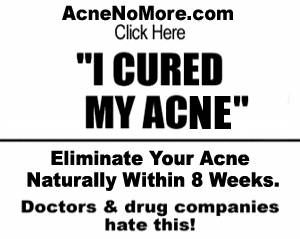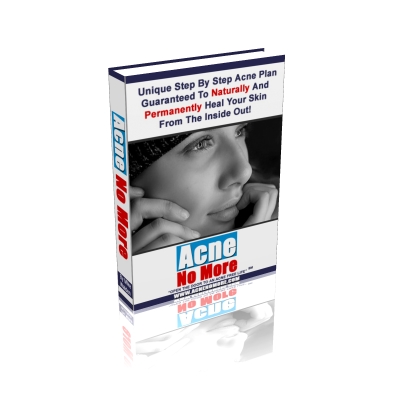Acne, the skin condition that affects many individuals, has sparked ongoing debates regarding its relationship with food. While some people believe that certain foods can cause acne, others argue the opposite. However, it is plausible that in certain cases, acne may be a result of food allergies.
In these instances, it is commonly believed that the skin acts as an elimination organ.
When an individual consumes a food to which they are allergic, a toxic reaction occurs, triggering the body's immune system to defend against it. Consequently, the body initiates the process of expelling the toxins from the food, leading to skin inflammation in the form of papules and pustules.
Visit: How to Control and Treat Acne During Pregnancy
Research published in the December 2002 issue of Archives of Dermatology suggests that certain high-glycemic foods can indeed contribute to the development of acne. These types of foods stimulate increased insulin production in the body, which, in turn, raises the levels of male hormones. As a result, excess sebum is produced, leading to clogged pores and the subsequent formation of acne. Main culprits in this regard include grains, milk, processed food, bread, french fries, and potato chips.
Experts recommend transitioning to a lower-glycemic diet, which would typically consist of the following:
1. Cereals rich in bran, barley, and oats
These cereals provide a healthier alternative and can be included as part of a balanced diet.
2. Abundant fresh vegetables and fruits
Consuming a variety of fresh vegetables and fruits ensures a well-rounded nutrient intake.
3. Ample water, herbal teas, and vegetable juices
Staying hydrated and incorporating these beverages into the daily routine promotes overall skin health.
Conversely, a lower-glycemic diet would exclude the following:
1. Walnuts, almonds, Brazil nuts, and filberts
Although nutritious, these nuts should be consumed in moderation due to their potential to trigger acne.
2. Excessive consumption of dairy products and milk
Reducing the intake of dairy products can potentially help alleviate acne symptoms.
3. Avoiding sodas and other carbonated drinks
Limiting the consumption of these beverages aids in maintaining healthier skin.
4. Restricting potato consumption
Potatoes, when consumed in large quantities, can contribute to acne development and should be consumed in moderation.
Furthermore, incorporating vitamin B5 into a nutrient-rich diet is crucial. Vitamin B5 can be found in various foods, including pork, beef, chicken, eggs, saltwater fish, potatoes, wheat, and fresh vegetables. However, it is worth noting that approximately 50% of the vitamin content is lost during grain milling, and unfortunately, the average American diet lacks an adequate amount of fresh vegetables. While diet alone may not be the sole cause of acne and rosacea, it can undeniably contribute to their prevention and elimination. Hot and damp foods such as sugary cakes, cookies, sweets, alcohol, chocolate, fried and greasy foods, dairy products, peanuts, coconut products, fats, and oils often act as acne triggers.
Although the link between acne and diet may not be direct for everyone, it is generally advisable to reduce or eliminate the consumption of foods that are believed to cause acne. Maintaining a healthy and well-balanced diet not only benefits overall bodily health but also radiates through healthy skin.
Acne No More! Cure your acne, put an end to breakouts, and regain your natural inner balance... Guaranteed! Discover how Mike Walden has successfully taught thousands of people to achieve acne freedom faster than they ever thought possible, even if they had previously struggled to find a solution. Right here, you have found the clear skin success system you've been looking for! [Click Here](AcneNoMore.com) to visit AcneNoMore.com.


















0 Comments